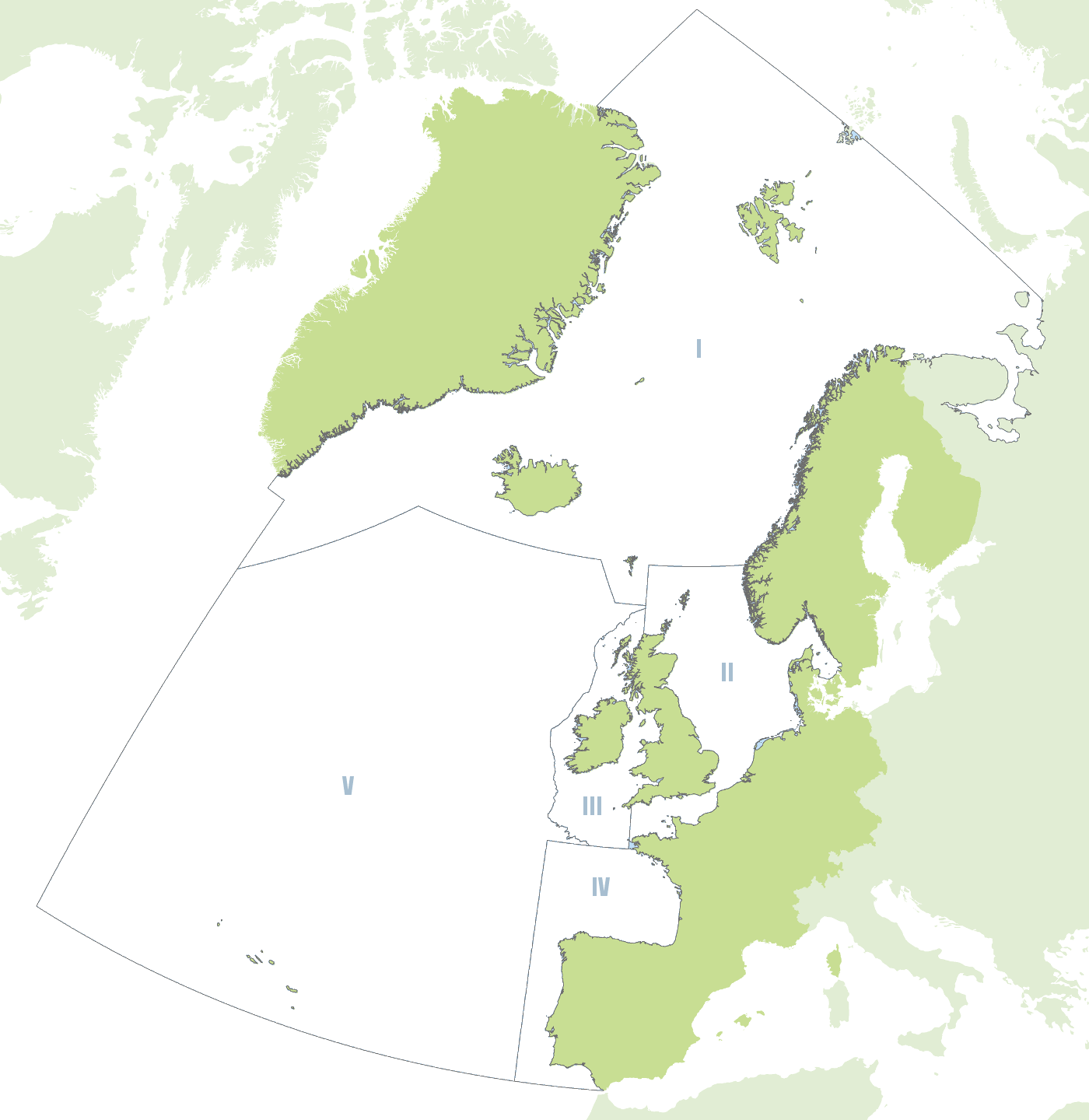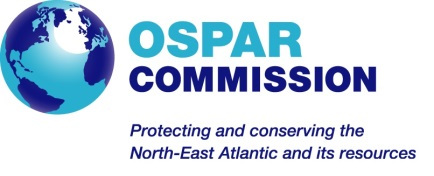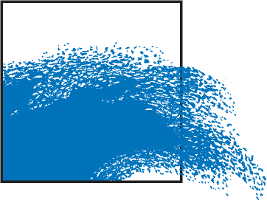The OSPAR Convention
Belgium is party to the Convention for the Protection of the Marine Environment of the North East Atlantic (OSPAR Convention: Paris, 22 September 1992; set up under the act of 11 May 1995). Through this convention, 16 parties (the European Union and 15 countries: Belgium, Denmark, Germany, Finland, France, Great Britain, Ireland, Iceland, Luxemburg, the Netherlands, Norway, Portugal, Spain, Sweden and Switzerland) aim to work together to better protect the marine environment of the North Atlantic Ocean. The Convention is a merger of the Oslo Convention (1972) on the dumping of waste at sea and the Paris Convention (1974) on marine pollution from land-based sources. In 1998, the Convention's extension to include general protection of biodiversity and ecosystems meant that it now covered other human activities which might have an impact on the marine environment.
To cover the various threats to the marine environment the OSPAR Convention divides its activities into 5 strategic work areas:
-
Biodiversity and ecosystems
-
Eutrophication
-
Hazardous substances
-
Offshore industry
-
Radioactive substances
In each of these strategic work areas agreements are reached on the monitoring and assessment of the condition of the marine environment and establishment of a joint programme of measures. The Convention does not cover the fishing industry, which is a matter of national competence and/or falls under collective agreements within the European Union.
The OSPAR Convention provides an important basis for the law of 20 January 1999 concerning the Protection of the Marine Environment in Sea Areas under Belgian Jurisdiction (Belgian Official Journal of 12 March 1999). The OSPAR Convention plays an important role in the implementation of the European Commission's Marine Strategy Framework Directive (2008/56/EC), especially where coordinated monitoring and assessment of the health of the marine environment are concerned.




